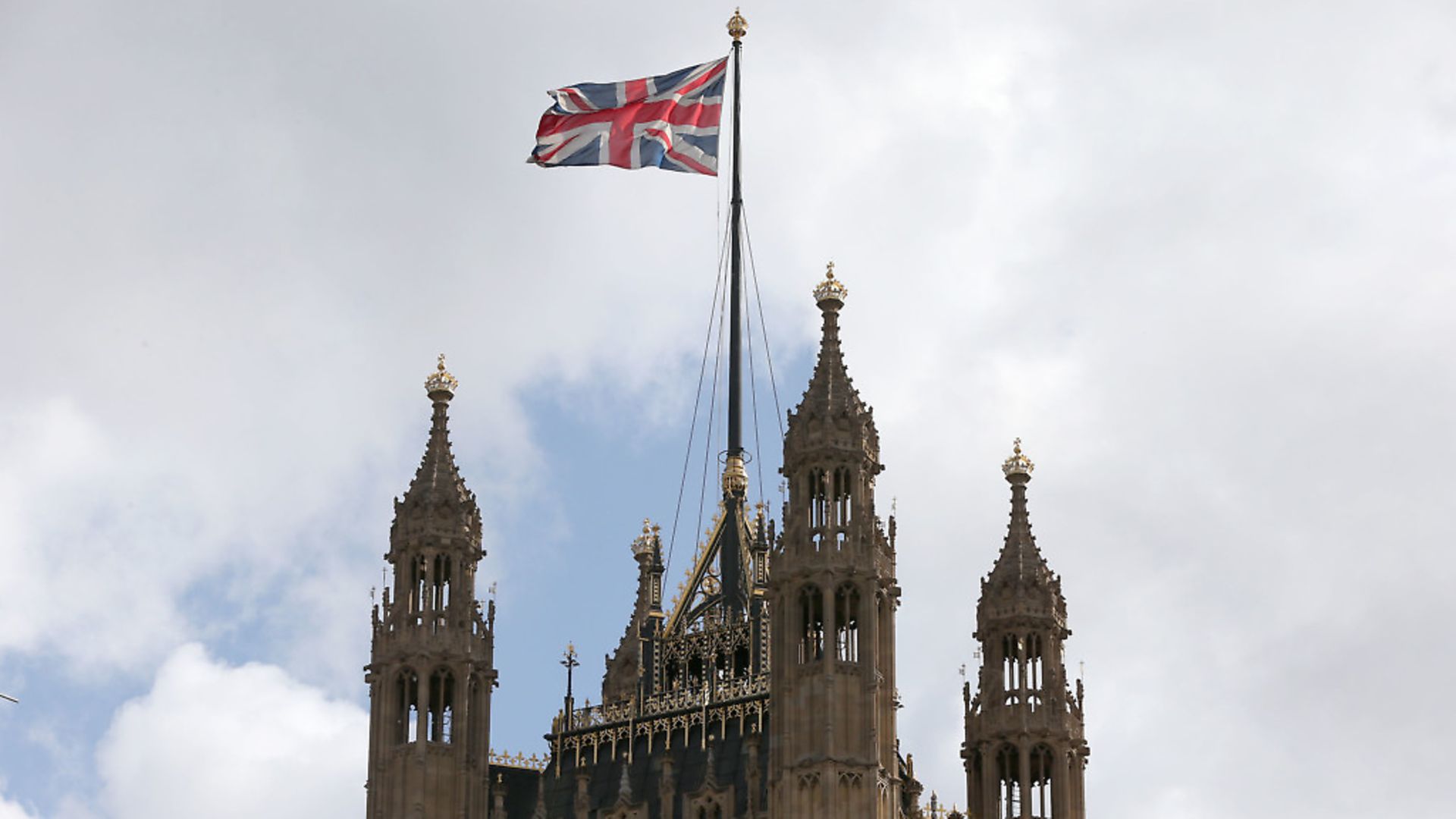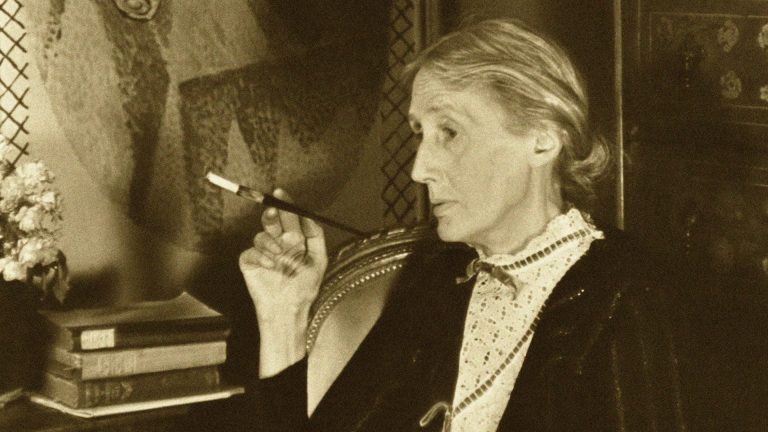
Lib Dem MEP ANTONY HOOK argues that the Supreme Court ruling has opened the floodgates of major constitutional reform and, as a former barrister, believes it is the way to restore trust again.
Britain has always been a bastion or the rule of law, internationally respected as an exemplar of fairness, decency and parliamentary democracy.
Restoring a supposed supremacy of the British institutions was central to Boris Johnson’s campaign to wrench us out of Europe. The irony has been lost on few people that he has since tried to suppress Parliament and it has fallen to the courts to intervene.
I know something about Britain’s courts. Before being elected as an MEP, I had 16 years’ service as a barrister. In almost every case I have been involved in, the liberty of an individual has been an issue. The Brexit case in the Supreme Court pertains to the liberty of our entire country.
The role of the courts in scrutinising governments is long-established. In the 1600s, chief justice Coke said “England’s judges must be lions around the throne” ready to protect the Crown, but also to check any legal excess by the Crown.
It’s clear that the need for this case to be brought by citizens against their own prime minister forces us to confront the unwelcome fact that our constitution is open to exploitation by unprincipled and opportunistic governments: a situation that is troubling for everyone except those who hold power.
Our unwritten constitution has relied on a sense of fair play, including an expectation that a prime minister will not do things like bar the gates to Parliament because scrutiny is too embarrassing. This is because much of government operates by convention, rather than black letter law. In addition to prorogation, areas that are determined by convention include: the monarch will act on her ministers’ advice, that the Lords should not reject a budget passed in the Commons and the expectation that the Queen will give her assent to bills that have been passed by parliament.
Politics and democracy would be fundamentally changed if politicians simply decided to ignore any of these conventions.
The flexibility of these unwritten conventions can occasionally help to work around archaic precedents, but flexibility can quickly turn into vulnerability if a government behaves as the Johnson administration has done.
It’s time for us to join the modern world by codifying our constitution and the conventions that we rely on for the smooth running of the state.
Adopting a written constitution provides clarity about government’s and parliament’s powers, with less room for interpretation, guess work, litigation or abuse.
Perhaps it’s time to seriously ask whether the executive should have the power to prorogue at all? Whether the answer is “yes”, “no” or “to some extent”, writing that down is the best guarantee of it being stuck to.
The USA’s adoption of a written constitution soon after its birth was a break from the new republic’s British legal heritage. The US Constitution does not rely on expectations of good behaviour. As the fictional Senator Arnie Vinnick (played by Alan Alda) in the West Wing said, “The Founding Fathers didn’t set up a government based on trust. They could have designed a government based on trust in our ability to govern fairly but they knew that power corrupts so they invented checks and balances. That was genius. The Founding Fathers did not want me to trust you and they did not want you to trust me.”
The US president’s cabinet appointments are voted on by the Senate. It’s easy to see how a similar democratic process might have curbed Boris Johnson’s ability to appoint a gang of ministers whose idea of a good time appears to involve trashing our economy and turning Kent into a lorry park.
It’s a favourite fantasy of hard Brexiters that the EU is undemocratic. It will surprise them to learn that last Tuesday I voted with over 600 other MEPs on Christine Lagarde’s candidacy for president of the European Central Bank. By contrast, Mark Carney, the governor the Bank of England, was appointed by the Queen on the basis of a nod from David Cameron. In October, MEPs will vote to accept or reject the nominations to the Commission and, in December, on the EU Ombudsman.
Central government has repeatedly meddled with the powers and funding of local government often against the wishes of local government and communities. A written constitution could secure a fair balance of powers and create a democratic basis for change in the future.
An injection of democracy and decentralisation could disperse power and begin to repair the confidence in our institutions of state that have been so severely damaged by the prorogation crisis.
The conclusion of this Supreme Court hearing may not be the end of the government’s unorthodox approach to achieving their aims. The government’s barrister would not rule out further prorogation when asked to do so. It should, however, mark the beginning of a much more serious conversation about how we can safeguard and strengthen our democracy.








